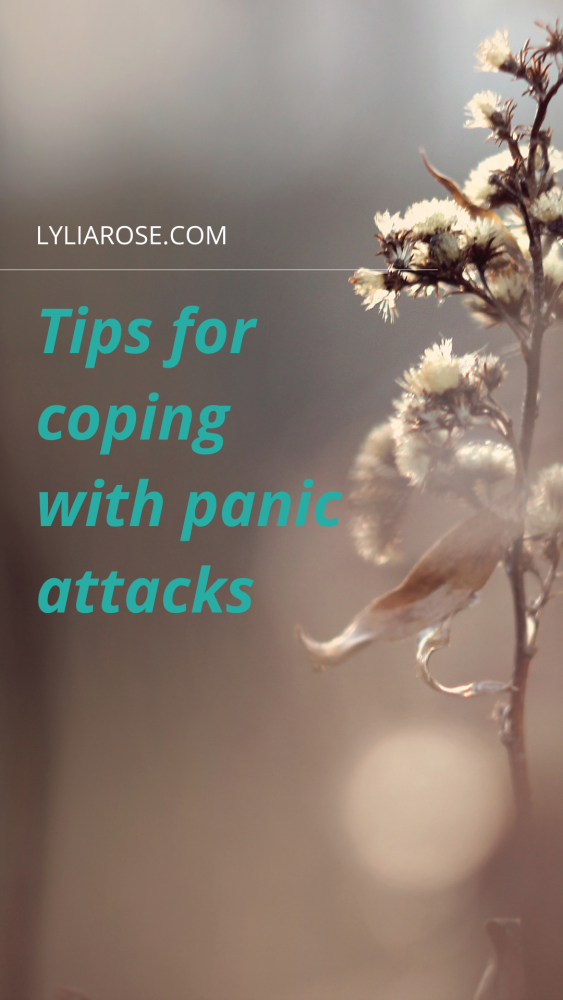Tips for coping with panic attacks
Posted on
Panic attacks are sudden episodes of intense fear that often trigger severe physical reactions. The attacks occur even when there is no danger or apparent cause for worry. These attacks can be very frightening, and they often make you feel like you have no control over yourself. Some people feel like they are having heart attacks or are dying.
The attacks begin suddenly and without any warning and can occur at any time. People of all ages can suffer from these attacks, including children, teenagers, and adults. However, women are more likely to experience panic disorder than men. Some of the common symptoms are;
• Chest pains and chills
• A sense of impending danger
• Difficulty breathing and chest pain
• Abnormal cramping
• A choking sensation
• Nausea and sweating
• Tightness in the throat
• Racing heart
• A feeling of loss of control
• Dizziness or lightheadedness
• Tingling or numbness in fingers and toes
• Trembling and hot flashes
Most of the time, the symptoms of panic attacks last for around five to twenty minutes. However, some of the symptoms can last for a long time - up to a few hours.

How to cope with panic attacks
Below are some effective tips for coping with these attacks;
- Recognising what is happening
The first thing that would help you cope with these attacks is recognising what is happening. This will take away the fear of death or impending doom. By doing so, most of the symptoms may be alleviated. The trick is to constantly remind yourself that the symptoms and negative feelings are temporary.
- Breathing exercises
One of the best ways to deal with panic attacks is to focus on breathing exercises. When going through an attack, you start to breathe deeper and faster or even hyperventilate. This causes chest pains and feelings of lightheadedness or dizziness, which trigger more fear and discomfort. However, you can cope by intentionally and consciously slowing down your breathing. For example, you can take deep breathes and hold them in for a couple of seconds before letting them out. The breathing exercises will help regulate your oxygen levels and help you calm down.
- Take advantage of grounding techniques
You can apply various grounding techniques when experiencing symptoms of this panic disorder. The most effective approach is sitting down in a comfortable position and noting down the things you can see, hear, touch, smell, and taste. Taking part in this exercise will draw attention from yourself to your environment. This can help ground you and bring you back to the present. The distraction will eventually alleviate the symptoms of panic.
- Relaxing your muscles
Relaxing your muscles via various exercises can help relieve the symptoms of panic disorder. One of the exercises you can do is tensing your toes, feet, and calves and relaxing them over and over. You can do this for most parts of your body. The trick is to start with the smallest parts of your body and work your way up.
- Reciting an internal mantra
Reciting an internal mantra over and over will help give you something to focus your energy on. This will take your attention away from the feelings of lack of control and impending doom, hence providing relief for the symptoms.
- Talking it out
Taking to a friend or family member can also help you cope. More often than not, when in the middle of a panic attack, your first instinct will be to get away from people. However, choosing to challenge yourself to talk to someone about it may help a lot. Talking it out will help alleviate your fears and give you something else to focus on. You will also get reassurance from your friends and loved ones to help calm down the negative thoughts.
Conclusion
Medications like SSRIs and benzodiazepines can also help you cope with panic disorder. The medications will also help keep the attacks from recurring. However, it would help if you consulted a mental health practitioner for a prescription.
